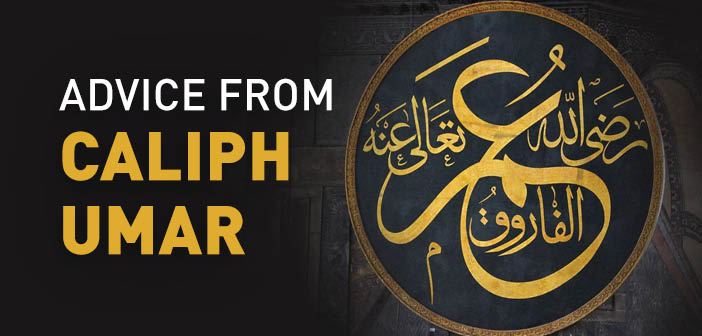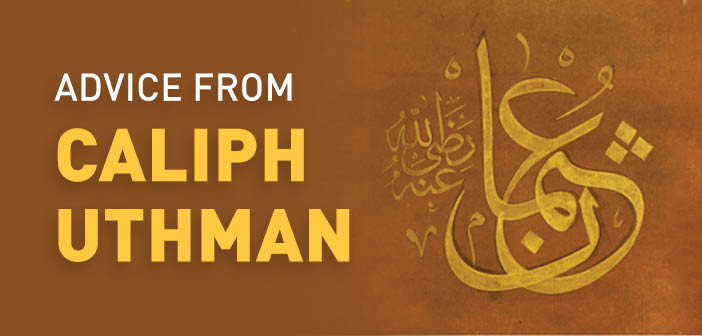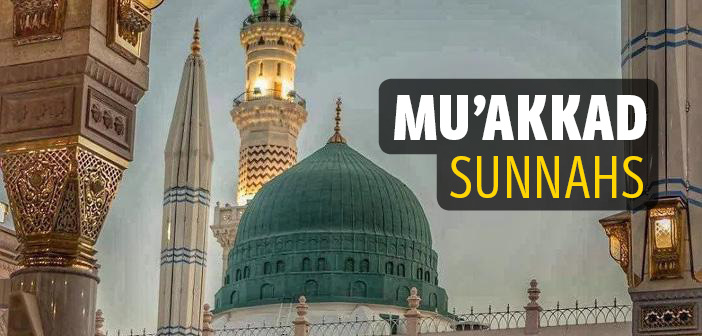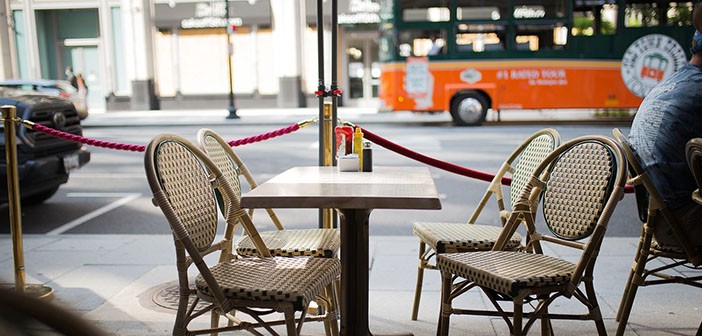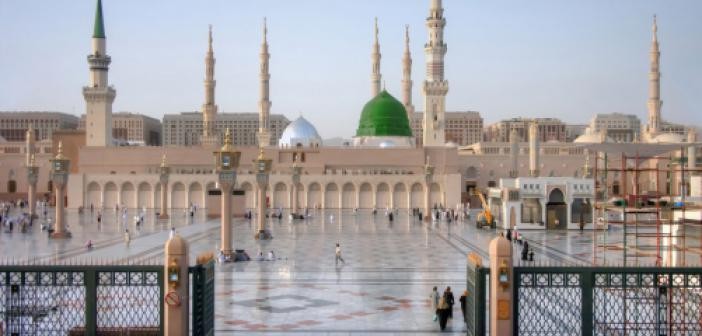
The Prophetic Salvation Program
“Certainly, Allah has conferred a great favor upon the believers by sending among them a Messenger from themselves, who recites to them His verses, purifies them, and teaches them the Book and wisdom, while before that they were in manifest error.” (Surah Al-Imran, 3:164)
The Master of the Prophets, our beloved Prophet Muhammad (peace and blessings be upon him), is, by the clear declaration of Allah, a mercy to all the worlds and a special divine favor for the believers. In every phase and aspect of life, the most beautiful and unparalleled example is undoubtedly the Messenger of Allah (peace and blessings be upon him).
The noble Companions (may Allah be pleased with them) transformed their era into an age of happiness by following him and adhering to his noble Sunnah. The Prophet (peace and blessings be upon him) also constantly warned his Companions about the manifestations of divine grace in their time. He himself experienced the special blessings and favors of different days, nights, months, and years, while also guiding and advising his Companions to seek these blessings.
In the life of the Prophet (peace and blessings be upon him), the month of Ramadan held a unique significance. His prophethood, his mission as a mercy to the worlds, and the revelation of the eternal guidance, the Quran, all occurred in this blessed month. Due to these divine favors, the Prophet (peace and blessings be upon him) would become excited when Ramadan arrived, increasing his worship, charity, generosity, and desire to do good deeds, seeking to draw closer to Allah.
The Prophet’s (peace and blessings be upon him) Ramadan agenda began two months prior, with the month of Rajab. By the time the last day of Sha’ban arrived, he would remind his Companions of the importance of not letting even a moment of Ramadan pass in heedlessness. He once said:
“Ramadan has come again. Woe to the one who experiences Ramadan and is not forgiven! If a person does not seek forgiveness during Ramadan, then when will they ever attain it?” (Ibn Abi Shaybah, Al-Musannaf, II, 270)
To attain this prophetic promise, one must revive Ramadan in the prophetic manner. The foundations of this revival can be outlined as follows:
-
Suhoor and the Pre-Dawn Hours (Sahar)
The Prophet (peace and blessings be upon him) emphasized that the first step in all acts of worship is a conscious and sincere intention. Therefore, suhoor is not merely a meal; it is an awareness of the beginning of the fasting act. With this wisdom, he said: “Take suhoor, for there is blessing in it.” (Bukhari, Sawm)
When one wakes up for suhoor, they should also perform night prayers (tahajjud). The Messenger of Allah (peace and blessings be upon him) desired that his Ummah benefit from night worship, the most important act of devotion. He would even personally wake up his closest family members to ensure they did not miss this blessing. Once, he knocked on the door of Ali and Fatima (may Allah be pleased with them) and said: “O Ali and Fatima, will you not pray?” urging them not to let the night pass in idleness.
He also advised his Companions: “Strive to wake up at night, for it was the practice of the righteous before you and a means of drawing closer to Allah. This worship prevents sins, expiates faults, and removes ailments from the body.” (Tirmidhi, Da’awat, 101)
-
Recitation of the Quran
The Prophet (peace and blessings be upon him) and his Companions made it a habit to recite a portion (hizb) of the Quran daily. He would combine the first three surahs into one hizb, then group five, seven, nine, eleven, and thirteen surahs into subsequent hizbs. Finally, he would recite the shorter surahs (mufassal) from Surah Qaf to the end, completing the Quran in seven days. Additionally, the Prophet (peace and blessings be upon him) would engage in mutual Quranic recitation (mukabala) with the Angel Jibril (Gabriel) every night of Ramadan, discussing its meanings and immersing themselves in its teachings. (Bukhari, Bad’ al-Wahy, 5-6)
-
Charity and Helping Others
Bringing joy to the needy and comforting hearts is one of the most important prophetic characteristics. When Ramadan began, the Prophet (peace and blessings be upon him) would free prisoners and fulfill the needs of anyone who asked him for help. Known as the most generous of people, he would increase his charity during Ramadan, rushing to aid others like a merciful wind.
Once, while fasting, his wife Aisha (may Allah be pleased with her) was approached by a poor man asking for food. She had nothing but a loaf of bread at home. She instructed her servant to give it to the man, even though it was all they had for iftar. That evening, someone sent them a portion of cooked lamb, and Aisha (may Allah be pleased with her) told her servant: “Eat, for this is more delicious than your bread.”* (Muwatta, Sadaqah, 5)
The Prophet (peace and blessings be upon him) also emphasized feeding the hungry, clothing the needy, and hosting guests, saying: “Whoever feeds a hungry person, clothes a needy person, or hosts a guest, Allah will protect them from the horrors of the Day of Judgment.”
“Whoever provides iftar from halal earnings and feeds the hungry during Ramadan, the angels send blessings upon them throughout the nights of Ramadan, and Jibril (Gabriel) shakes hands with them. The sign of this is a softness in their heart and tears flowing from their eyes.” (Fada’il al-A’mal, Kandahlawi)
-
I’tikaf (Spiritual Retreat) and Laylat al-Qadr (The Night of Decree)
One of the Prophet’s (peace and blessings be upon him) practices during Ramadan was i’tikaf, secluding oneself for worship. Aisha (may Allah be pleased with her) reported: “When the last ten days of Ramadan began, the Prophet (peace and blessings be upon him) would devote himself to worship, stay up at night, and wake his family.”
Abu Huraira (may Allah be pleased with him) also said: “The Prophet (peace and blessings be upon him) would perform i’tikaf for ten days every Ramadan, but in the year of his passing, he did i’tikaf for twenty days.” One of the purposes of i’tikaf was to seek Laylat al-Qadr (the Night of Decree). The Prophet (peace and blessings be upon him) highly valued this night, saying: “Whoever spends Laylat al-Qadr in worship, believing in its virtue and seeking reward from Allah, will have their past sins forgiven.” He also said: “There is a night in Ramadan that is better than a thousand months. Whoever is deprived of its goodness is truly deprived.” (Ahmad ibn Hanbal)
-
Continuing Daily Life Without Neglect
While the Prophet (peace and blessings be upon him) intensified his worship during Ramadan, he did not neglect his other responsibilities. He even went to battle during Ramadan, such as the Battle of Badr and the Conquest of Mecca, which occurred in the last ten days of Ramadan. He also returned from the Expedition of Tabuk during Ramadan. (Ibn Hisham)
In light of these prophetic practices, Ramadan is a blessed season that prepares new spiritual advancements in the believer’s heart through suhoor, night prayers, and increased devotion. It heals social wounds through the spirit of charity, even if it is as small as half a date, strengthens the bonds of brotherhood among believers, and serves as a means for infinite divine blessings and favors.
The duty of believers is to strive diligently to increase their share from this divine table of opportunities opened by Allah for His servants.
Sheikh Abdullah Sert





